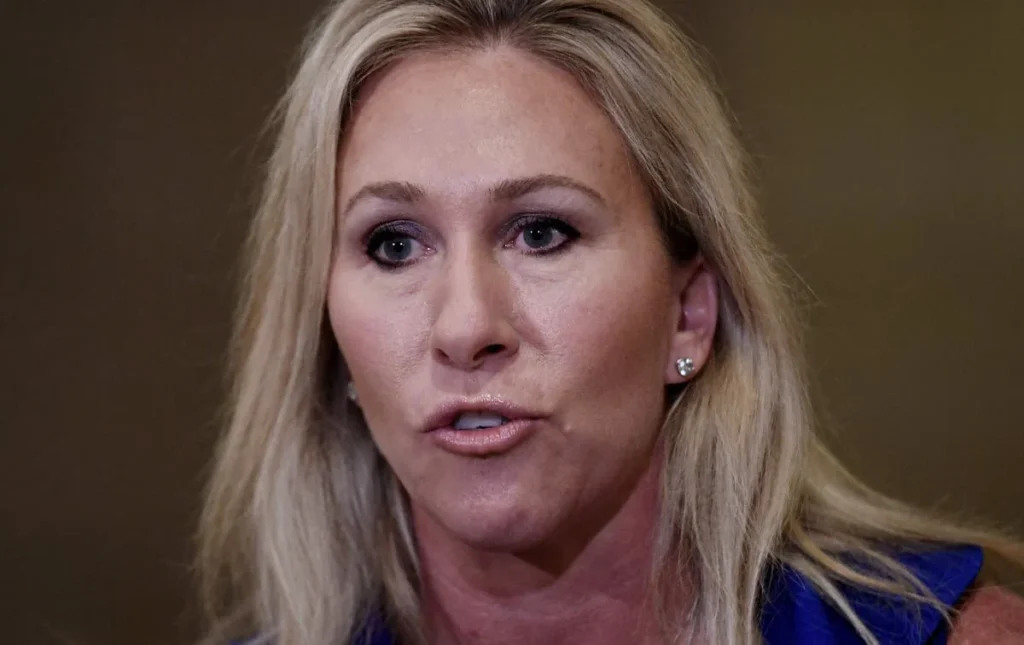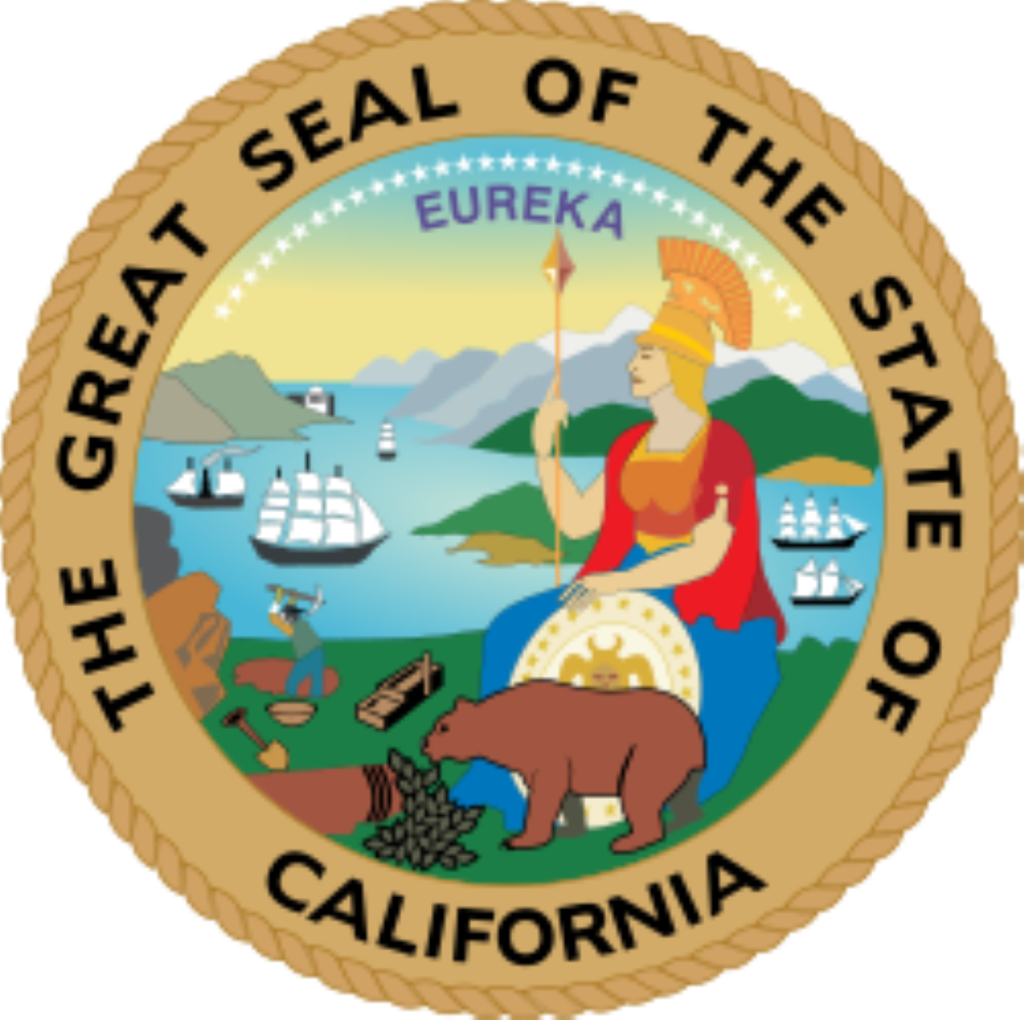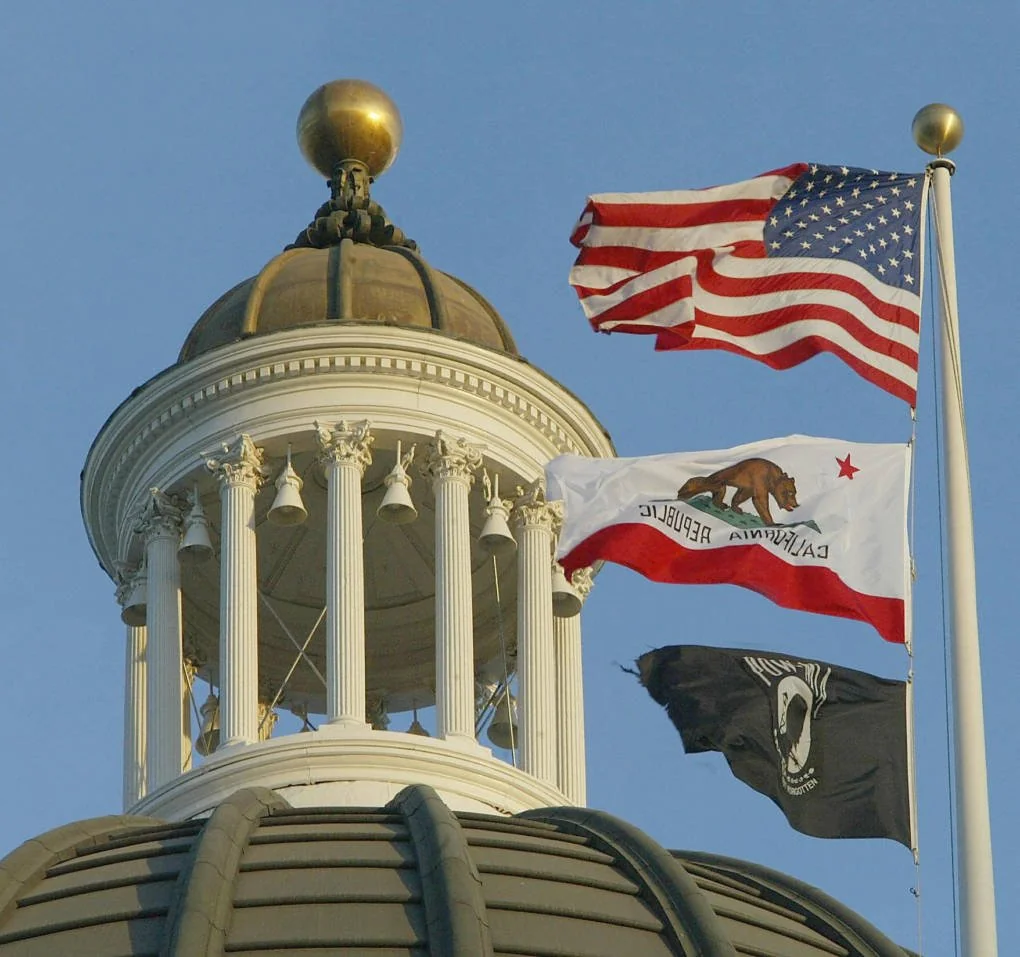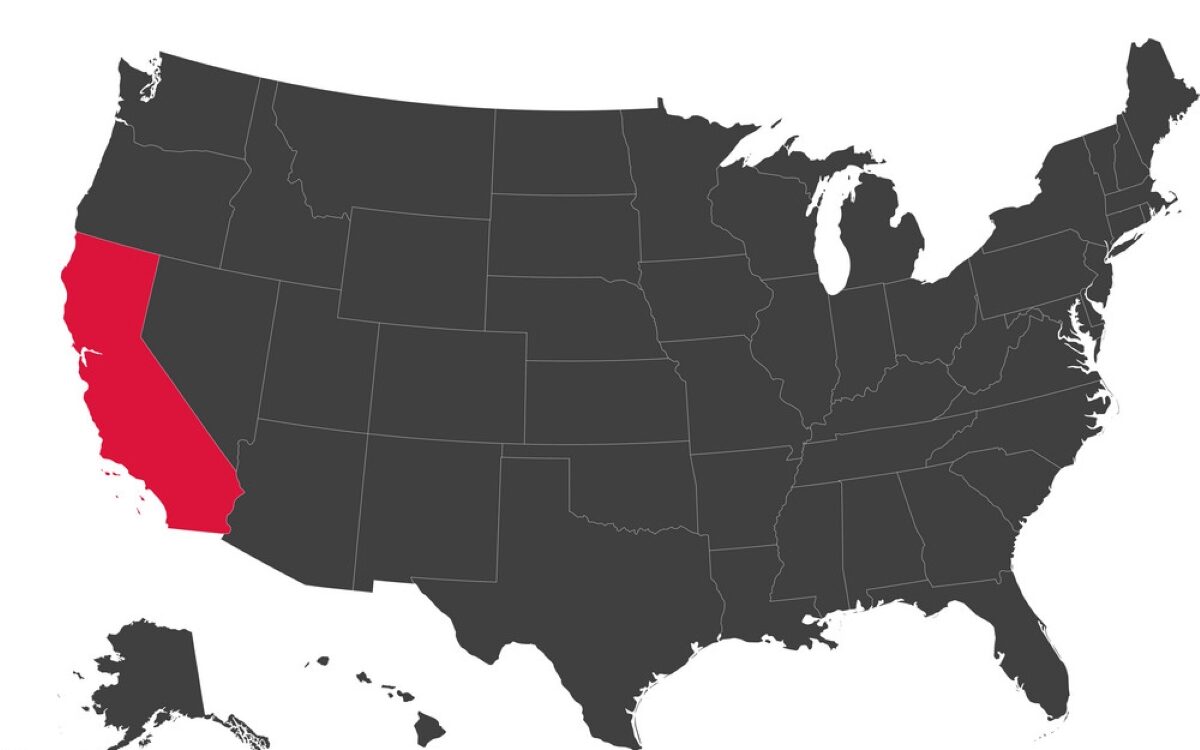The United States’ history is one of resilience, upheaval, and the relentless pursuit of self-determination. Across its storied 247-year history, the nation has weathered turbulent storms, including a devastating civil war that claimed the lives of 620,000 Americans.

In the wake of that conflict, as the nation strives to heal its wounds and reconcile its differences, a new specter looms on the horizon: the prospect of secession.
Understanding the Contrast Between Separation and National Separation
As the 2024 presidential elections approach, the United States finds itself increasingly polarized. It appears likely that Biden and Trump will once again compete, with each facing considerable opposition.

Nevertheless, states like California, Texas, and New Hampshire continue to explore secession.
ALSO READ: California’s Economic Struggles Under Gavin Newsom Sends a Warning to the Rest of the Country
California’s Strategy Unveiled
California’s strategy focuses on the grassroots initiative “Yes California.” Established in 2015, the organization now focuses on introducing CalExit 3.1 in forthcoming ballots. CalExit proposes splitting the state into two, with one part remaining in the U.S. and the other forming Pacifica, an independent entity.

Louis Marinelli, who founded Yes California in 2015, asserts that CalExit could prevent civil conflict. He suggests secession between Pacifica and the U.S. to avert internal strife. Speaking to Newsweek, he advocates for a “national divorce” to circumvent potential political violence and civil war.
Divergent Views Emerge From Marinelli’s Former Associate
Internal conflicts within Yes California necessitate resolution before proceeding with secession plans. Marcus Ruiz Evans, co-founder alongside Marinelli, has diverging views.

Evans advocates for CalExit, envisioning complete state secession, unlike Marinelli’s partial proposal.
Americans Divided on the Idea of National Split
As the year 2024 unfolds, many Americans acknowledge the nation’s woes. While certain states advocate for secession, others propose a distinct approach. Rather than individual states breaking away, a notion surfaces: the nation divides into two factions.

Red Republican states form one entity, while blue Democratic states constitute another.
Georgia Representative Marjorie Taylor Greene Has Publicly Agreed With the Idea
Georgia Congresswoman Marjorie Taylor Greene has openly supported the concept. The Republican representative from Georgia discussed this notion on Fox News in February 2023, asserting her belief that it is necessary to prevent another civil conflict in the United States.

During the interview, she expressed, “The ultimate scenario I want to avoid is a civil war. No one desires that outcome…however, the nation appears to be heading in that direction, and we must take action.” Additionally, Greene conveyed on a social media platform, “A national separation might become our sole recourse.”
POLL — Should the U.S. Government Create a Path to Citizenship for Undocumented Immigrants?
California’s Brief Experience as a Sovereign State
Understanding CalExit requires exploring California’s historical backdrop. In 1846, amid the Mexican-American War, settlers established an autonomous republic in California, hoisting the “California Republic” flag. Yet, this self-proclaimed nation endured scarcely a month before U.S. Navy intervention.

Traces of this episode endure in the state’s emblem, commemorating California’s fleeting independence.
Advocates for California Independence
The main push for CalExit comes from the group “Yes California,” formerly Sovereign California.

Accordingly, Louis Marinelli and Marcus Ruiz Evans established the organization. It was restructured in 2015 to support California’s sovereignty. Initially headed by Marinelli, controversies over his residency in Russia prompted leadership adjustments, leading Evans to become president.
Yes California’s Core Arguments for Secession
Yes California presents three primary arguments for California’s secession. Firstly, the group highlights the state’s unique history and culture, distinguishing it from the rest of the United States.

Secondly, economic strength is emphasized, with California being the world’s fifth-largest economy, almost on par with France. Lastly, local governance is advocated, suggesting that Californians are better suited to govern their state.
Yes California’s Transformation: Shifting From Military Domination to Peaceful Advocacy
This encompasses assertions for heightened tranquility and safety through decreased susceptibility to reprisal and the marginal influence of California’s electoral ballots.

It also encompasses possible clashes with U.S. global accords, the economic drawback of supporting other states since 1987, the necessity for a customized immigration strategy, and additional considerations.
Yes California’s Legal Approach: Altering Constitution and Securing Approval
The strategy of Yes California rests on understanding the Supreme Court’s decision in Texas v. White (1869), which deemed Texas’ secession illegal. Although the case offers guidance, it doesn’t decisively resolve the issue.

Marinelli proposes California might seek a constitutional change for secession, needing consent from two-thirds of Congress and approval by 38 states. Alternatively, a convention with two-thirds delegate consent and ratification by 38 states is suggested. However, achieving such a political accord remains daunting.
ALSO READ: Oklahoma City Residents Face Tough Decision After Electing a White Nationalist
California’s Diverse Terrain
The CalExit movement embodies a multifaceted mix of historical, economic, cultural, and legal factors. Yes California emphasizes peaceful methods and legal routes. However, shifting arguments, from military action to California’s independence potential, mirror the movement’s complexity.

Though secession faces legal and political hurdles, Yes California’s persistent efforts highlight ongoing discourse on California’s role within the U.S.
You Might Also Like:
Late “Friends” Star Matthew Perry Leaves $1 Million Trust Named After “Annie Hall” Character
Oklahoma City Residents Face Tough Decision After Electing a White Nationalist
Katie Britt Claims Mike Johnson Told Her To Ignore the “Horror Stories” Ahead of SOTU Rebuttal
Police Arrests Two, Declares Two Wanted Over SEPTA Bus Stop Mass Shooting
University of Missouri Student Goes Missing After Leaving Nashville Bar During Fraternity Trip
